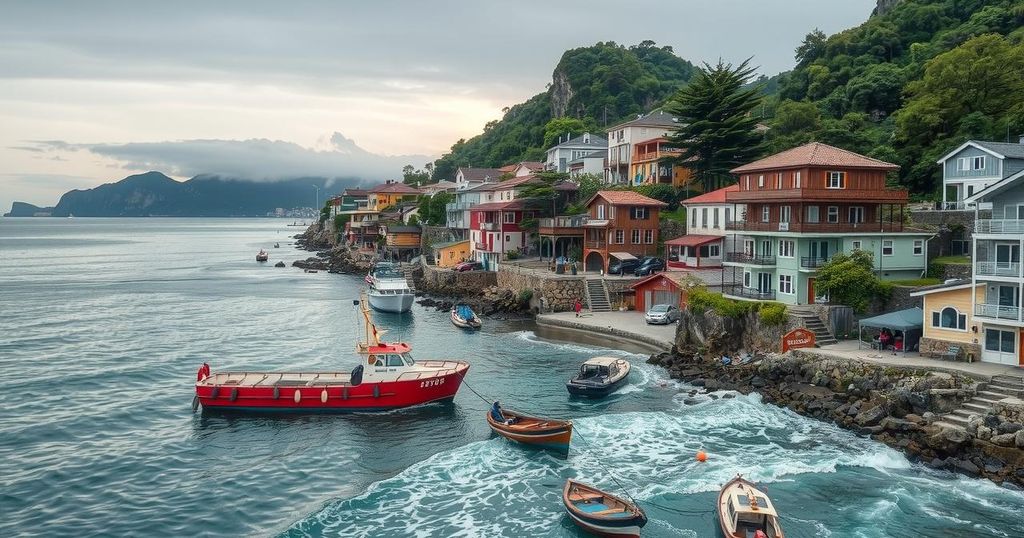A Year After the Noto Peninsula Earthquake: Addressing Mental Health and Cultural Losses

The Noto Peninsula earthquake of January 1, 2024, caused significant physical damage, but a year later, its hidden impact manifests through mental health crises, increased suicides, and cultural erosion within communities. The article stresses the importance of addressing these long-term challenges, advocating for a recovery approach that emphasizes emotional support and cultural preservation alongside physical rebuilding.
On January 1, 2024, the Noto Peninsula in Ishikawa Prefecture experienced a devastating magnitude 7.6 earthquake that inflicted significant physical damage, including collapsed structures and disrupted lives. One year later, the impacts have shifted from physical destruction to a profound and pervasive emotional and cultural crisis within communities. This article explores the ‘hidden toll’ following the earthquake, focusing on rising mental health issues, including suicides, and the gradual erosion of cultural identity, as well as society’s insufficient response to these profound challenges. Over 220 confirmed deaths were reported, yet the unmeasured impact of self-harm and mental health deterioration surpasses the immediate disaster toll. These effects, often categorized under “disaster-related deaths,” stem from isolation and stress that have intensified post-disaster conditions, revealing an escalating trend of suicides in the area.
The Noto Peninsula earthquake has unveiled significant mental health challenges for survivors that extend beyond immediate physical damage. Residents face isolation, depression, and a sense of loss that threatens both their emotional well-being and cultural heritage. The destruction of local traditions and communal spaces exacerbates the situation and contributes to a broader crisis that necessitates immediate attention and intervention. Through this examination, one can gain insight into the continual repercussions of natural disasters, emphasizing the importance of addressing not only physical reconstruction but also the psychological and cultural ramifications that linger long after the seismic events have subsided.
In conclusion, the aftermath of the Noto Peninsula earthquake has highlighted the urgent need for a comprehensive approach to disaster recovery that prioritizes emotional and cultural healing alongside physical reconstruction. The soaring rates of isolation and suicide among survivors are clear indicators of society’s failure to protect its vulnerable populations. By fostering community connections, preserving cultural identity, and providing mental health support, we can mitigate the hidden toll of disasters and ensure that no individual is left behind in recovery efforts. The lessons learned from Noto must inform future disaster responses to prevent repeating these tragic patterns.
Original Source: japan-forward.com






